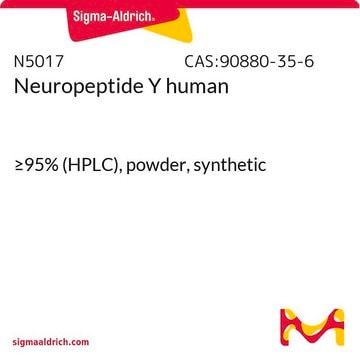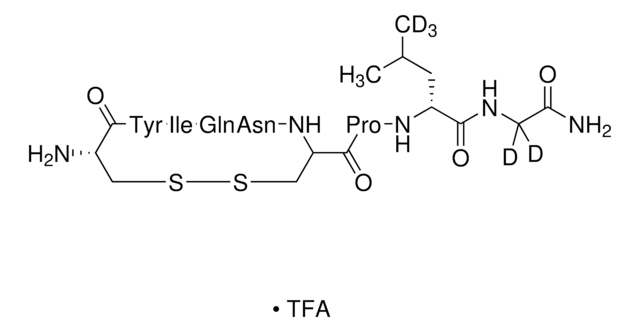The stability of Oxytocin concentrates stored at various temperatures for 48 months was evaluated regularly for biological activity on rat uteri. It was found that concentrates kept in a refrigerator showed no loss of oxytocin activity, while samples kept at 21°C showed a slight loss of activity (about 1.5% per year), and those at 30°C showed a marked loss of activity (about 10% per year). Similar results were obtained with dilute injections of oxytocin. The study concluded that oxytocin in solution has a shelf life of 3 years at 21°C but should not be exposed to higher temperatures (Nachtmann et al. 1981).
In a simulation study conducted by WHO in collaboration with IDA Foundation, two batches of three brands of oxytocin ampoules were stored at different temperatures and samples were assayed for oxytocin content over a period of 2 years (Hogerzeil et al. 1993). Based on the results (Figure 2), WHO and IDA suggested the following guidelines for the shelf life of oxytocin injections at higher temperatures:
- At 2°C- 8°C, shelf life of 3 years.
- Below 21°C, shelf life of 2 years.
- At 25°C, the shelf life is reduced to 1 year.
- At 30°C, the shelf life is reduced to 6 months.
- At 40°C transport maximum 1 week.


![[Arg8]-Vasopressin acetate salt ≥95% (HPLC)](/deepweb/assets/sigmaaldrich/product/structures/282/717/a4c16d4f-e168-4d84-a0e3-59de3e06251e/640/a4c16d4f-e168-4d84-a0e3-59de3e06251e.png)






![[Arg8]-Vasopressin solution Grade VI (synthetic), ~100 IU/mL in 0.9% NaCl](/deepweb/assets/sigmaaldrich/product/structures/326/242/dede8c26-cf73-4a28-a5d9-1d57c673cf0e/640/dede8c26-cf73-4a28-a5d9-1d57c673cf0e.png)




